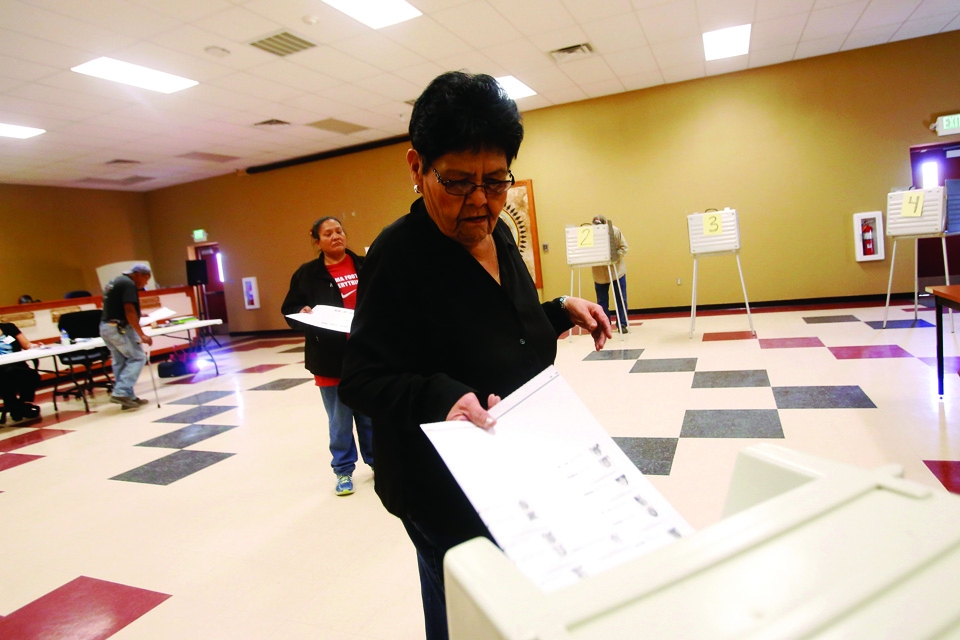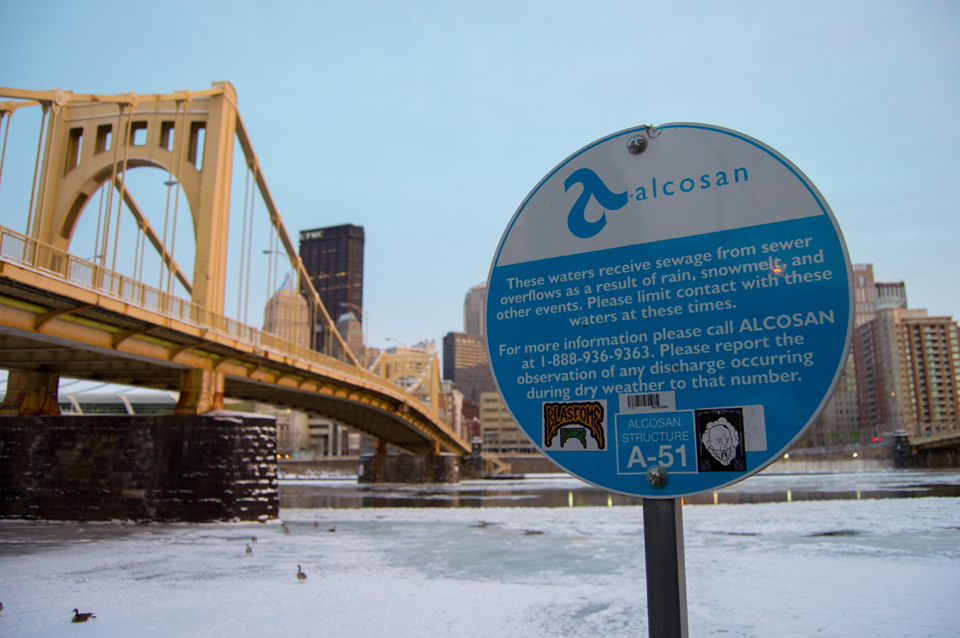

By Charlie Megginson | Staff Columnist
Are you tired of voting for the lesser of two evils? In Maine, residents can now rank their candidates from least to most evil on their ballots.
Of course, that’s not the real reason for “Question 5,” a referendum recently approved by voters in America’s northeasternmost state. Question 5 institutes the practice of ranked-choice voting in Maine. The referendum’s passage marks a victory for democracy and sets a precedent likely to be followed by many other states.
The measure reads: “Do you want to allow voters to rank their choices of candidates in elections for U.S. Senate, Congress, Governor, State Senate and State Representative, and to have ballots counted at the state level in multiple rounds in which last-place candidates are eliminated until a candidate wins by majority?” The measure resulted in over 52 percent of Maine voters choosing “YES.”
Often, races for political office feature more than two candidates. Maine’s new ranked-choice voting system, which allows voters to rank the candidates in order of preference, ensures that a majority and not a plurality of the electorate chooses the winner. This system is more democratic and ensures that most the of constituency feels represented by their elected officials. Additionally, ranked-choice voting gives the victor a mandate, meaning that they have the public support necessary to take partisan action. Furthermore, by ranking the candidates, the state can avoid costly runoff elections because the voters have already listed their subsequent choices.
Suppose you have three candidates for governor: Mary, John and Luke. On election day, Mary receives 40 percent of the vote, John receives 35 percent of the vote and Luke receives 25 percent of the vote. In every state except Maine, Mary would be elected governor, even though the majority of the electorate did not vote for her. But thanks to “Question 5,” Luke, who won the least number of votes, would be eliminated. If Luke’s voters decided to rank John over Mary, John would now receive 60 percent of the vote — enough to defeat Mary and become the next governor.
Though this scenario serves merely as an example, it’s been a reality in Maine for the last 46 years. No candidate for governor has received more than 50 percent of the vote since 1970. This is a nightmare for a society which claims to cherish democracy. Though Maine is the first state to adopt a ranked-choice voting system, it’s certainly not the only state which could be served well by one. According to PBS News, in 2014, 10 states elected governors despite the candidates not receiving the majority of the votes.
There are many complications associated with elected officials not being chosen by a majority of the electorate. In 2010 and 2014, Maine’s Republican Governor, Paul LePage, was elected with a plurality of the vote: just 38 percent in 2010 and 48 percent in 2014. Throughout his governorship, LePage has faced crippling scrutiny from both his Democratic and Independent opposition. As recent as 2015, LePage faced calls for impeachment from Democratic lawmakers. While this can’t be attributed entirely to the fact that most voters didn’t choose LePage to be their governor, one thing is clear: Plurality elections breed gridlock. The solution is simple; allow voters to indicate their subsequent choices, should their candidate be eliminated.
Ranked-choice voting would also eliminate the tired argument that “voting third party is wasting one’s vote.” Third-party voters would still be able to vote their conscience, but if their candidate doesn’t contend with the others, those voters could still have a say in the outcome of the election.
One can’t help but wonder how history would be different if America employed the ranked-choice system of voting to begin with. In the Presidential election of 1992, independent conservative candidate Ross Perot earned almost 20 million votes, arguably causing George H.W. Bush to lose his reelection bid. Because Perot earned the least number of votes, under the ranked-choice voter system, his voters would have been able to select a second choice. Presumably, for most Perot supporters, that second choice would have been Bush. If America employed ranked-choice voting, George H.W. Bush would have easily defeated Arkansas Gov. Bill Clinton, effectively altering the course of American history.
The U.S has long served as a beacon for democracy and egalitarianism, but under closer evaluation, one will discover that America is far less democratic than purported. By following Maine’s example and instituting ranked-choice voting across the nation, every elected official will have a mandate upon election, third-party voters will have a voice even if their candidate doesn’t win and partisan gridlock will be relieved, paving the way for effective and efficient governance.




